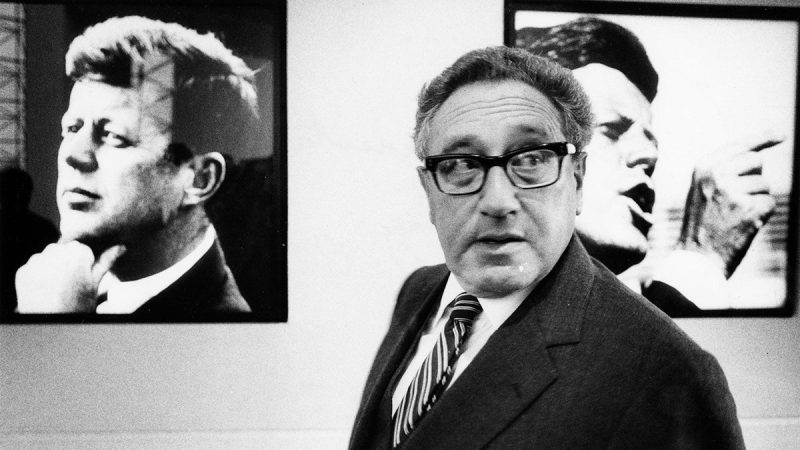Henry Kissinger was one of the most influential figures of the 20th century, leaving a lasting legacy of controversial foreign policies and achievements. His friends and colleagues, from world leaders to historians and political scientists, remember the foreign policy strategist as a towering figure, both formidable and extremely personable.
From his time as National Security Advisor under President Richard Nixon to his positions at Harvard University and as Secretary of State, Kissinger was a figure who shaped international politics and security, drawing mixed reactions for his efforts.
Kissinger’s acumen in political negotiation and strategic foresight were apparent in his dealings with countries across nations from Russia to China to Egypt. His agreements, such as the Paris Peace Accords ending the Vietnam War, captivated foreign leaders and secured his place in history.
His close relationship with Nixon also changed history, especially for Nixon’s opening to China, which many credit as a major turning point in the Cold War. Those who knew Kissinger say his willingness to talk to adversaries—demonstrated again when he brokered peace between Israel and Egypt—were perhaps his most defining characteristics.
His friends frequently described Kissinger as having a “wicked sense of humor,” a great listener who could build a rapport with foreign leaders. He also had a great memory and intelligence, often to the surprise of his peers.
Kissinger’s lasting legacy is his approach to resolving conflicts through diplomacy, something that endeared him to world leaders throughout his career. He often told those who disagreed with him to “try to understand his point of view,” a lesson that will be remembered and admired for many years to come.
